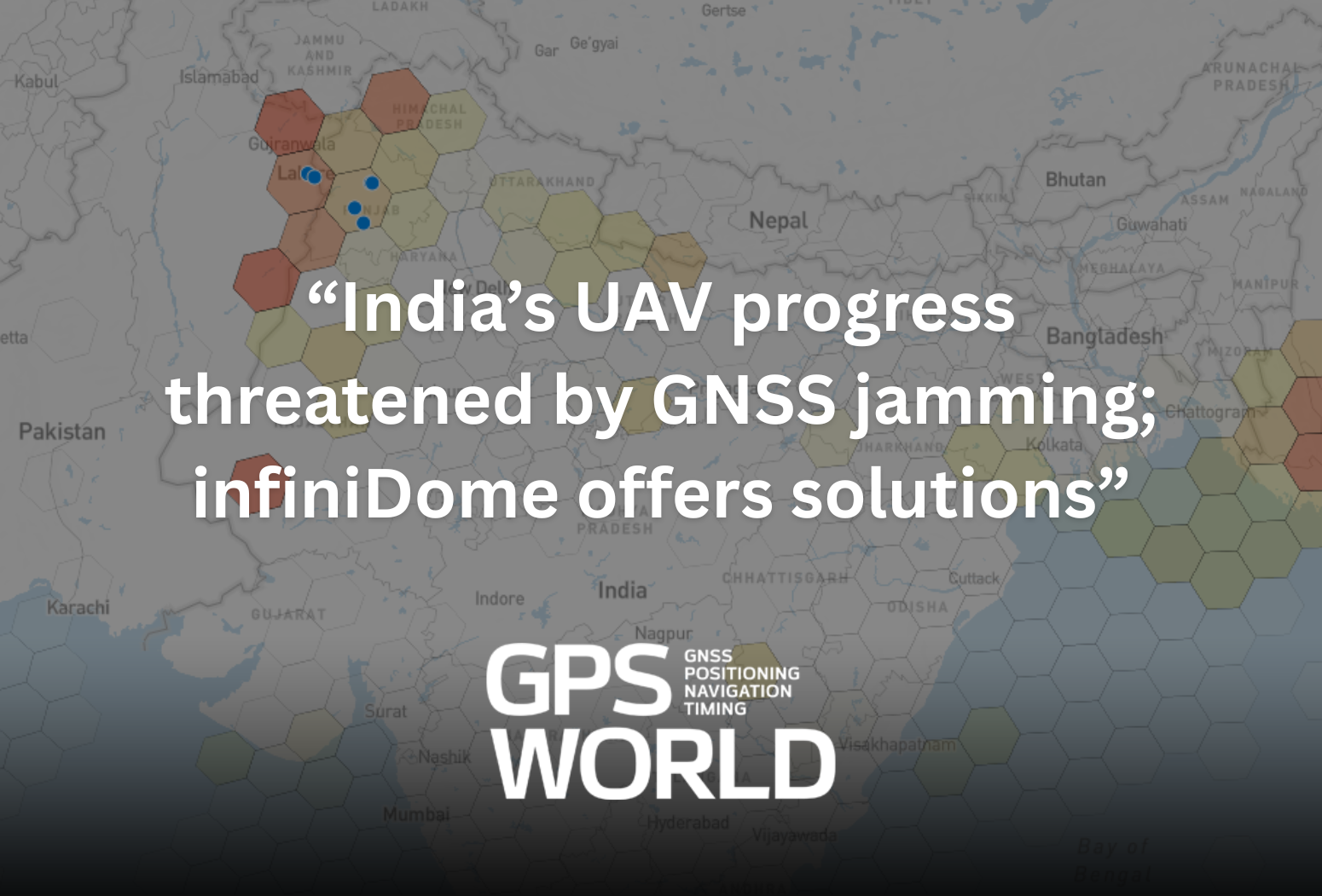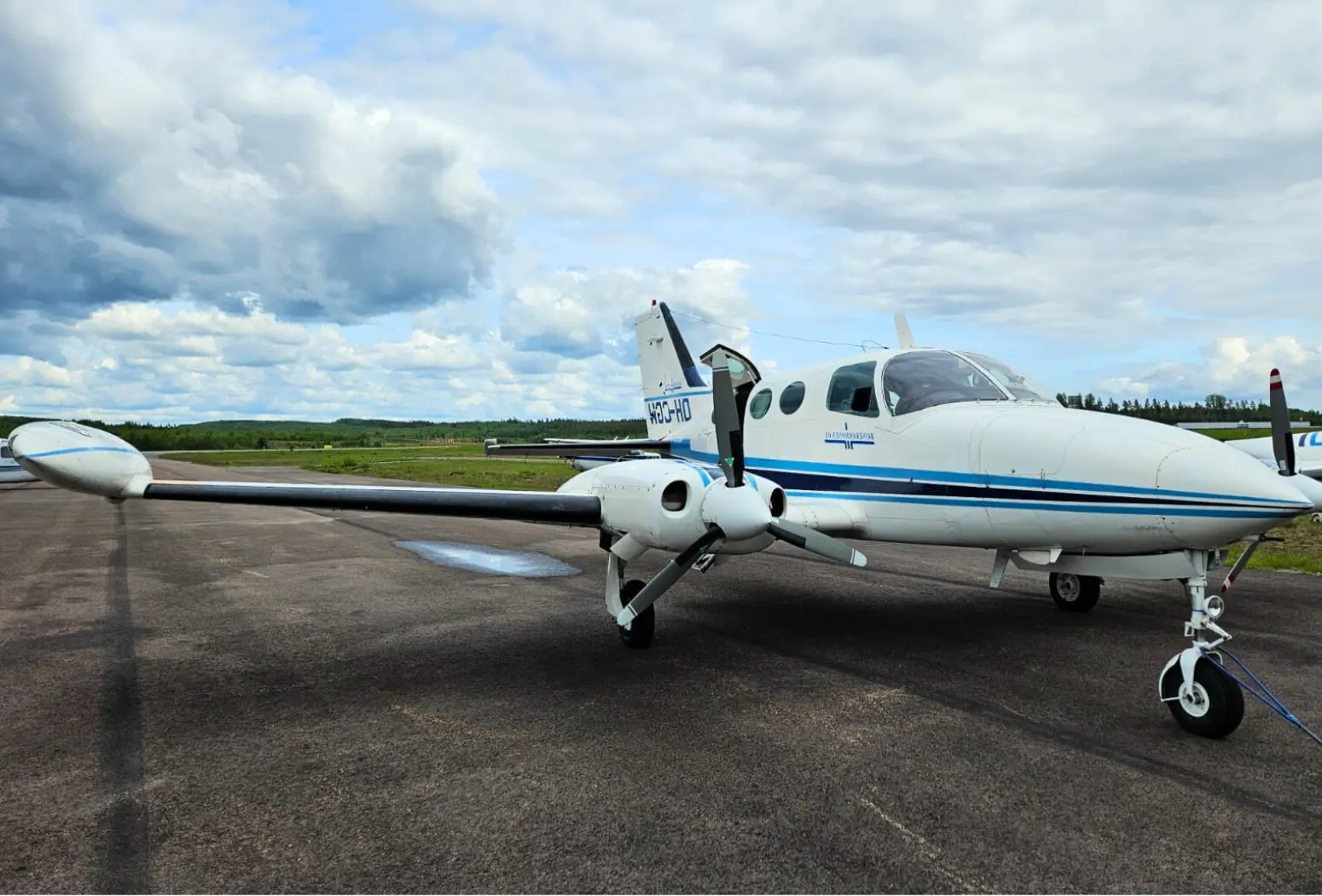In the dynamic landscape of modern navigation, the guiding of drones, UAVs, and ground vehicles with unparalleled precision is the Global Positioning System (GPS).
Global Positioning System (GPS) technology has become an integral part of modern navigation systems, revolutionizing the way we guide drones, UAVs, and ground vehicles.
The importance of GPS lies in its ability to provide accurate location data, enabling seamless navigation in various industries.
GPS works by utilizing a network of satellites orbiting the Earth, communicating with ground-based receivers to triangulate the device’s position.
In essence, GPS relies on trilateration, a method that calculates the user’s location based on signals received from multiple satellites,
This technology has become indispensable in applications ranging from civilian navigation to military operations. However, despite its widespread use, GPS is not without vulnerabilities.
It operates on radio signals, making it susceptible to interference, jamming, and spoofing.
The critical role of GPS extends beyond basic navigation, significantly enhancing the operational capabilities of drones, UAVs, and ground vehicles.
This technology enables these vehicles to perform complex missions with a high degree of accuracy and autonomy. For instance, in military operations, GPS is essential for the precise targeting of locations, navigation through challenging terrains, and coordination among multiple units. Similarly, in civilian applications, drones rely on GPS for tasks ranging from aerial photography to delivering goods in hard-to-reach places. The accuracy and reliability of GPS data are paramount, as they directly impact the success of these missions. As such, the integration of GPS into these systems has not only expanded their operational possibilities but also increased their efficiency and safety.
Furthermore, the evolution of GPS technology continues to push the boundaries of what is possible with autonomous and semi-autonomous vehicles. With advancements in GPS accuracy and the development of augmentation systems that improve signal reliability, vehicles are now capable of navigating more precisely in complex environments. This progress is crucial for the future of autonomous cars, drones, and other types of robotic vehicles, enabling them to operate safely alongside human-driven vehicles and in densely populated areas. The enhanced capabilities afforded by GPS technology are leading to innovative applications in environmental monitoring, search and rescue operations, and smart city infrastructures, demonstrating the technology’s indispensable role in the next generation of navigation and mission planning.
As technology advances, the need for resilient and protected GPS navigation systems becomes increasingly apparent. Ensuring the reliability of GPS is crucial for maintaining the integrity of operations in sectors such as defense, logistics, and autonomous transportation.






